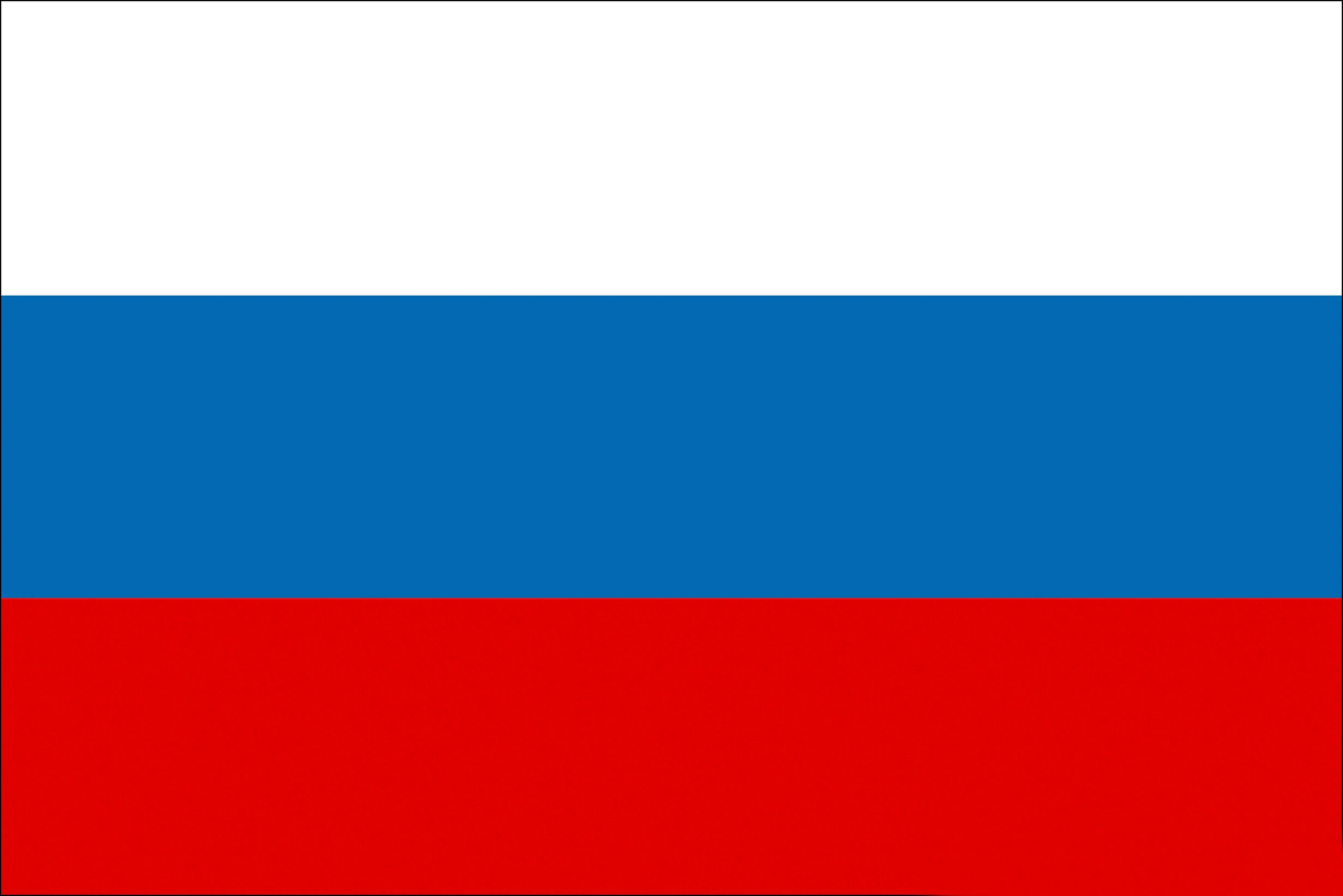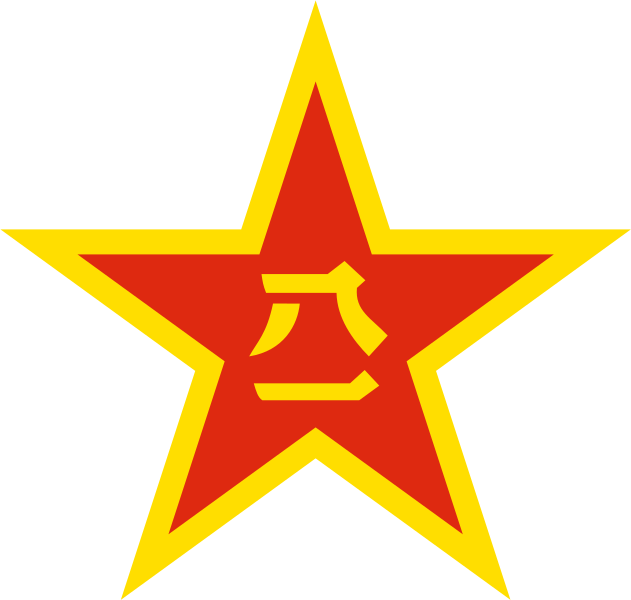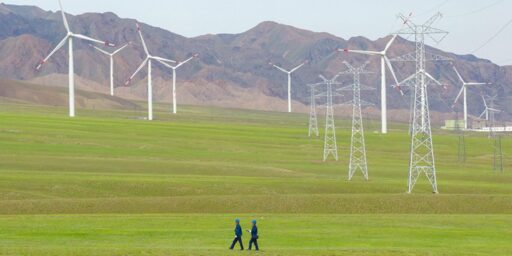- 76 Posts
- 394 Comments
Gemini is technically already the most used LLM in the world because it pops up at the top of Google Search. Most normies don’t care about the ‘best AI’, they’ll just use what’s familiar, and what’s more familiar than Google Search?
Sam Altman is freaking out about how to deal with this.

 5·8 days ago
5·8 days agoHow do y’all balance your desire to do more with the understanding that this societal drive for more productivity is partly an unhealthy mindset forced by capitalism?
The term ‘productivity’ originated to describe the output of workers in a capitalist enterprise per unit time, money, energy, etc. to maximize efficiency. Over time, the term has shifted to ‘personal productivity’, and the definition has broadened to simply ‘using your time intentionally in ways aligned with your broader goals’. To a certain extent this gives us more control, although it also means that productivity is now all-encompassing in our lives as a general pressure, internal and external, to get more stuff done.
Obviously, these origins mean that productivity was originally created by and for capitalism. But it is also necessary to maximize productivity irregardless of capitalism sometimes, such as increasing the time per week you spend organizing, learning socialist theory, and working on personal growth.
If everyone slows down on their productivity (termed lying flat in China and quiet quitting in the USA), then societal progress will slow. In the worst case, we may fall behind the capitalists and enter USSR-style malaise.
So how do y’all reconcile this? It’s been bothering me for a while. I feel like a hypocrite telling others it’s OK to reject the rat race while I’m frantically consuming productivity books and learning as much as I can.

 10·8 days ago
10·8 days agoNice! Good to see some people trying to provide some relief via market mechanisms to the working class. Obviously it’s not the full solution, but homeless people aren’t well enough to organize, so it always helps.
Honestly it seems pretty fun as long as the AI isn’t touching any of your actual data. If you’re just fooling around learning Linux, getting Claude Code to write commands is nice. If things F up no biggie, note down the disastrous command to avoid later and just reinstall.
Here’s an example: https://youtu.be/vvBFbgyERaI?t=417

 91·9 days ago
91·9 days agoThey should ship that stuff to the USA! Insane market size. Though US ‘investors’ might lobby for tariffs to stop them, to ensure their real estate holdings always get more expensive.
How the heck did you get Grok to answer?
@groKKK@hexbear.net Between Arnold Schwarzenegger and Elon Musk, who would win in a fistfight?
Could you not attempt a fine tune of the latest open source model (Kimi K2 right now)? The limiting factor is money to rent the servers to do so.

 13·29 days ago
13·29 days agoI feel this too. At this point, I’m practically a Third Worldist. Work to provide whatever support I can to the development of the Third World, and hurry along the collapse of the USA. Only after the US loses its empire will its white people share the interests of the global proletariat rather than being labor aristocracy as stated by J Sakai’s Settlers.

 141·1 month ago
141·1 month agoGood point! Those are some shit-ass friends, I’m here if you need people to talk to!
I see how these chatbots can help people process grief, and as long as they aren’t predatory or harmful, they’re useful. However, I do worry that the end stage of all these services is to charge you money for it, so that they can extract rent from your every need.
Wanna process grief, pay us! Wanna learn a skill, don’t do that, pay us instead! Wanna do anything involving your brain or heart, just pay us instead! Etc etc.
+1 I use exactly the same system!
Obsidian is so nice and powerful. It’s linking features have been super useful for conneccting my learnings on socialism with various other topics.

 25·1 month ago
25·1 month agoCritical support. Once research into longevity settles down, these can become standard treatments as part of universal healthcare. It will save money by (1) preventing the development of expensive age-related diseases, (2) allowing citizens to work and play longer, making back more of the state’s investment into their childhood and education, and (3) preventing the loss of knowledge from death, the largest drain on our collective human knowledge.
Of course, we must be careful are eventually made available to all, not just to make wealthy capitalists immortal.
This Dan Wang person is incredibly annoying (I’m also Chinese so this isn’t racist).
He makes a stupid idealist argument that China builds more shit than the US because it is an engineer-run society, while the US is a lawyer-run society. He blames the US’s lawyerly society on the rise of consumer protection advocates like Ralph Nader, and activists who opposed ‘good-hearted engineer’ Robert Moses’s bulldozing of black neighborhoods for highways. Of course, he fails to explain how Nader’s fight for safer cars leads today’s US government and capitalists to actively fight against anything that will make people’s lives better. He draws a false equivalence in the US between people who use the legal system to improve people’s wellbeing, and corporate lawyers who fight to stonewall any such improvements while pushing through projects to maximize profits.
His unspoken argument is that to become more like China, the US should get rid of consumer protections to unleash the forces of free-market innovation. He works for the Hoover Institution, a right-wing think tank, so his motives are clear. That’s why he’s become so popular in liberal circles, because he bastardizes comparisons to come to the ‘business-as-usual’, ‘deregulation conclusion’ that makes liberals oh-so-happy.

 3·1 month ago
3·1 month agoI agree. Influencers like Andrew Tate are a symptom, not a cause of the problem. If capitalism forces men into this situation, they will look for explanations of why, even if these explanations are blatantly misogynistic.
Of course, it isn’t helped that liberals present no coherent solutions supporting mes.

 4·1 month ago
4·1 month agoMobile homes are already bargain bin housing, now people will be priced out of them as well?!

 2·1 month ago
2·1 month agoGreat to see! May this cooperation build towards the revival of the Russian soviet republic.

 4·2 months ago
4·2 months agoHere’s the link to the paper: https://www.nature.com/articles/s41467-025-63689-4
And here’s the abstract:
Liquid film is ubiquitous in nature and serves as the critical medium for the dissolution of photoresist to create nanoscale circuit patterns in lithography, which is a core task since the birth of semiconductor industry. However, despite decades of research, the microscopic behaviors of photoresist in liquid film and at interfaces remain elusive, leading to industrial effort for pattern defect control largely a trial-and-error process. Here, we unravel the nanostructures and dynamics of photoresist polymers in liquid film and at gas-liquid interface using a cryo-electron tomography (cryo-ET) methodology. The native-state three-dimensional structures of photoresist polymers are reconstructed by cryo-ET at significantly improved resolution compared to conventional methods. Cryo-ET reconstructions resolve the spatial distributions of photoresist polymers across gas-liquid interface into bulk solution, revealing the cohesional entanglements between polymer chains. By inhibiting the polymer entanglements and leveraging photoresist’s adsorption at gas-liquid interface, the contaminations across 12 inch wafers have been eliminated under industrial conditions, yielding a > 99% improvement in minimizing the pattern defects for fab-compatible lithography.

 12·1 month ago
12·1 month agoBecause the capitalists actually need a bunch of us to be unemployed and homeless, because the unemployed and homeless act as the reserve army of labor. If the government allowed the reserve army of labor to all kill themselves, then the remaining people would actually be able to use the suicide-created labor scarcity to negotiate better wages, and that cannot be allowed. (This happened after the Black Death, as the drop in population gave remaining peasants more power to push for better pay, thus helping end feudalism).
Ultimately, this policy is a fancy way of doing basically nothing while attempting to increase the reserve army of labor by forcing more people to have to apply for the same jobs, thus driving the wages down.
If the UK really cared, they could attempt to rebuild their industry which would provide jobs and real GDP growth. However, that isn’t as profitable as making money in London by just moving cash around.

 16·2 months ago
16·2 months agoIf this warmongering gets worse, it may be in Venezuala’s interest to develop nukes. Hasanabi doctrine and whatnot.














Great analysis! It sure is tiring seeing them trot out the same arguments every time.